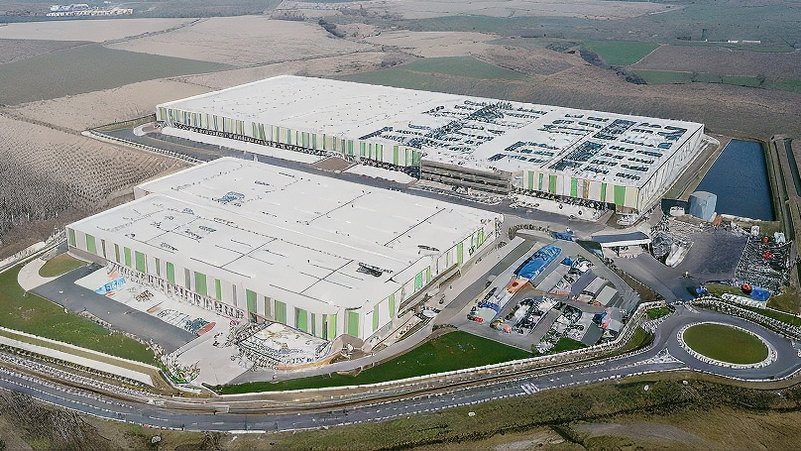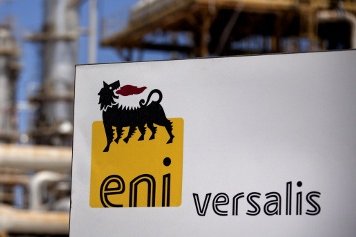On February 14, 2024, the European Parliament's Environment, Public Health, and Food Safety Committee (ENVI) approved the provisional agreement on CO2 emission standards for commercial vehicles. This decision marks a significant step towards drastically reducing emissions from road transport, although it has also sparked considerable opposition. The measure sets ambitious targets for reducing CO2 emissions from truck and bus manufacturers by 45% by 2030, with an increase to 65% by 2035, and aiming for a 90% reduction by 2040. Despite the intention to promote a transition to cleaner mobility, the agreement has raised concerns within the industry, particularly regarding the feasibility of these targets.
Raluca Marian, director of IRU EU Advocacy, stated, “The compromise text remains disappointing for our sector. There is a lack of clear vision on how the necessary infrastructure will be developed to support the large-scale implementation of zero-emission vehicles in urban areas and on the main EU road networks.” However, a positive aspect for the road transport industry is the exclusion of the mandatory purchase of zero-emission vehicles for large fleets from the text, a measure that had been feared by businesses.
The agreement also includes a request for the European Commission to consider vehicles with internal combustion engines powered by synthetic fuels (e-fuels) as zero-emission vehicles. The next step for the new legislation is the vote, generally considered a formality, by the EU Environment Ministers scheduled for the end of March, followed by the final step of a vote in the European Parliament plenary session. By June 2027, the European Commission is required to publish its report with recommendations for the implementation of the regulation.



































































